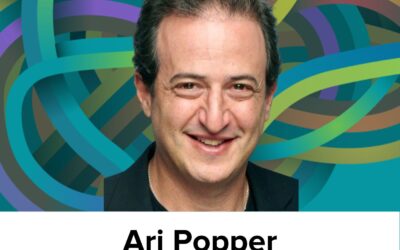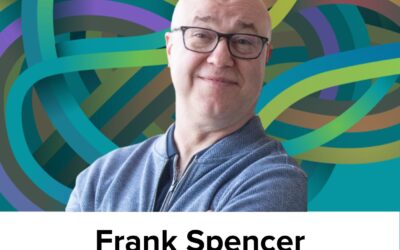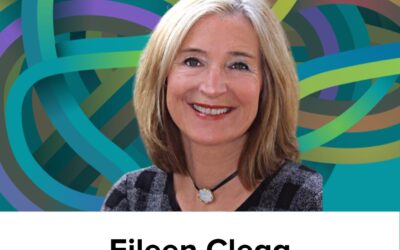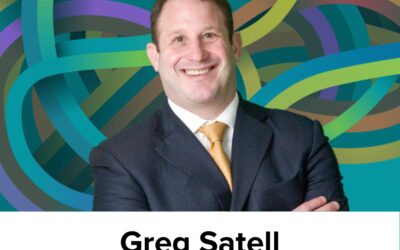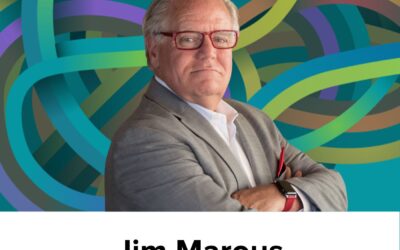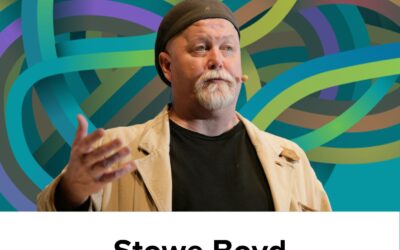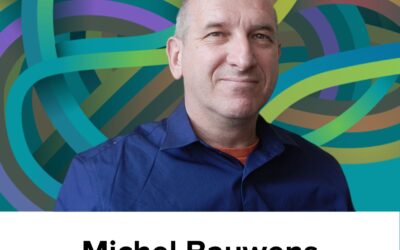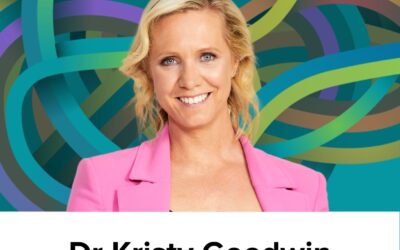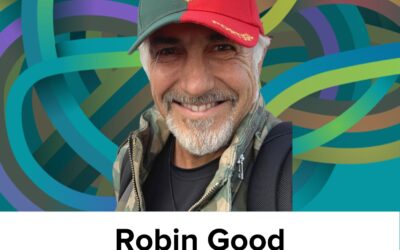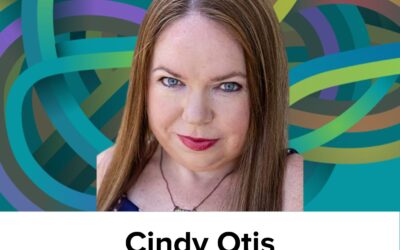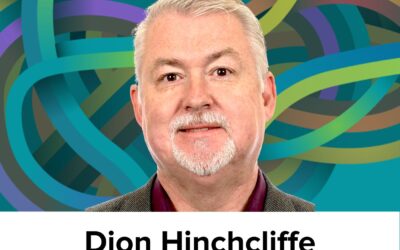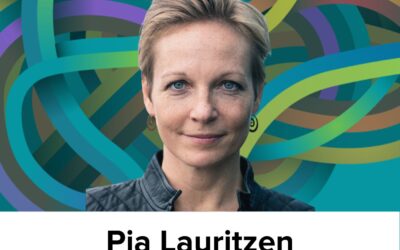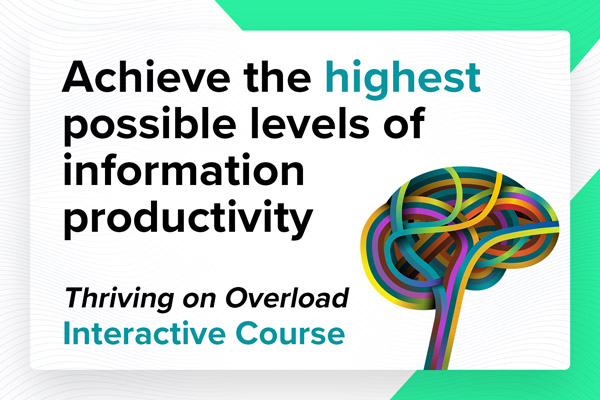Thriving on Overload Podcast
Ross Dawson speaks with some of the world’s most inspiring ‘information masters’ about their practices and lessons on how to transform unlimited information into insight, foresight, and better decisions.
Ari Popper on storytelling for meaning, structural frameworks, taming complexity, and creative synthesis (Ep43)
Ari is the Founder and CEO of SciFutures, a foresight and innovation firm that works with leading organizations such as Visa, Ford, and NATO to create inspiring and insightful visions of the future to drive innovation and positive change. He is a frequent keynote speaker and his work has been featured in publications such as Fast Company, Wired, and BBC.
Frank Spencer IV on sense-making for complexity, holoptic foresight, digital angels, and colliding trends (Ep42)
Frank Spencer is the founder and Creative Director of Kedge, a global foresight, innovation, and strategic design firm, and co-founder and Lead Instructor of The Futures School, He has worked on strategic foresight projects for companies such as Kraft, Mars, Marriott, and The Walt Disney Company and has spoken about foresight around the globe for the last 20 years.
Eileen Clegg on visual journalism, archetypal languages of shapes, learning visual language, ancient symbols, and shared frameworks (Ep41)
Eileen Clegg has been a long-time pioneer in visual journalism. She is the founder of Visual Insight, and is now also the CEO of vTapestry, which automates the creation of visual summaries of online meetings. She is the author of seven books including Claiming Your Creative Self and Creating a Learning Culture.
Greg Satell on writing daily, building your own ideas, seeking different perspectives, and conceptual models (Ep40)
Greg Satell is a transformation and change expert, international keynote speaker, and bestselling author, most recently of Cascades: How to Create a Movement that Drives Transformational Change. He is also a lecturer at The Wharton School; his work has appeared in Harvard Business Review, Barron’s, Forbes, Inc., Fast Company.
Jim Marous on defining yourself, ahas from unstructured dialogue, mutually beneficial learning, and the excitement of what you don’t know (Ep39)
Jim Marous is the publisher of the Digital Banking Report, co-publisher of The Financial Brand and host of the Banking Transformed Podcast. He has been named as one of the most influential people in banking, a sought-after keynote speaker, and is regularly featured in leading media such as CNBC, CNN, The Wall Street Journal, New York Times, The Financial Times, and The Economist.
Stowe Boyd on Obsidian and Taskidian, learning loops, work management, and sedimentary thinking (Ep38)
Stowe Boyd has been studying work and the tools we use to adapt to the future for the past three decades. Stowe coined the terms ‘hashtag’, ‘work management’, ‘social tools’, and ‘spreadbase’.
Michel Bauwens on challenging presuppositions, meta-curation, changing paradigms, and creating narratives (Ep37)
Michel Bauwens is the founder of the P2P Foundation working in collaboration with global researchers in exploring the potential of peer production. Michel travels extensively giving workshops, and lectures on P2P, commons, and the opportunities of a post-capitalist world.
Dr Kristy Goodwin on the four pillars to peak performance, digital guardrails, working with your biological blueprint, and improving micro-habits (Ep36)
Kristy is a digital wellbeing and productivity researcher, speaker, author, and consultant, helping corporations promote employee digital wellbeing and performance in the workplaces.
Robin Good on questioning authority, finding trusted advisors, focus sharing, and information design (Ep35)
Robin Good is a writer, speaker, and change agent focused on content curation, learning, and collaboration. By emphasizing quality, credibility, and shared values, Robin has been helping entrepreneurs and small businesses share their content to develop long-lasting relationships and become reference points in their online market niches.
Cindy Otis on the disinformation landscape, analyzing content, identifying trustworthy sources, and information communities (Ep34)
Cindy Otis is an author, disinformation expert, and former CIA officer. She is the author of books including True or False: A CIA Analyst’s Guide to Spotting Fake News. Cindy is a frequent media commentator on the Washington Post, New York Times, BBC, NPR, and CNN.
Dion Hinchcliffe on the architecture of ideas, creating visual frameworks, object-oriented thinking, and the potential of generative AI (Ep33)
Dion Hinchcliffe is an internationally recognized business strategist, enterprise architect, transformation consultant, futurist, analyst and in-demand keynote speaker. He is currently VP and Principal Analyst at Constellation Research where he heads up research and global client advisory into CIO issues, the future of work, and emerging technology in the enterprise.
Pia Lauritzen on the possibilities of questions, collective curiosity, diverse question cultures, and making room for exploration (Ep32)
Pia Lauritzen is the co-founder and chief scientific officer at Qvest, a technology company that unleashes the power of questions in companies and communities. She is the author of the book Questions and a regular contributor to strategy+business magazine.
Ross Dawson
Futurist, keynote speaker, author and host of Thriving on Overload.
Discover his blog, other books, frameworks, futurist resources and more.




